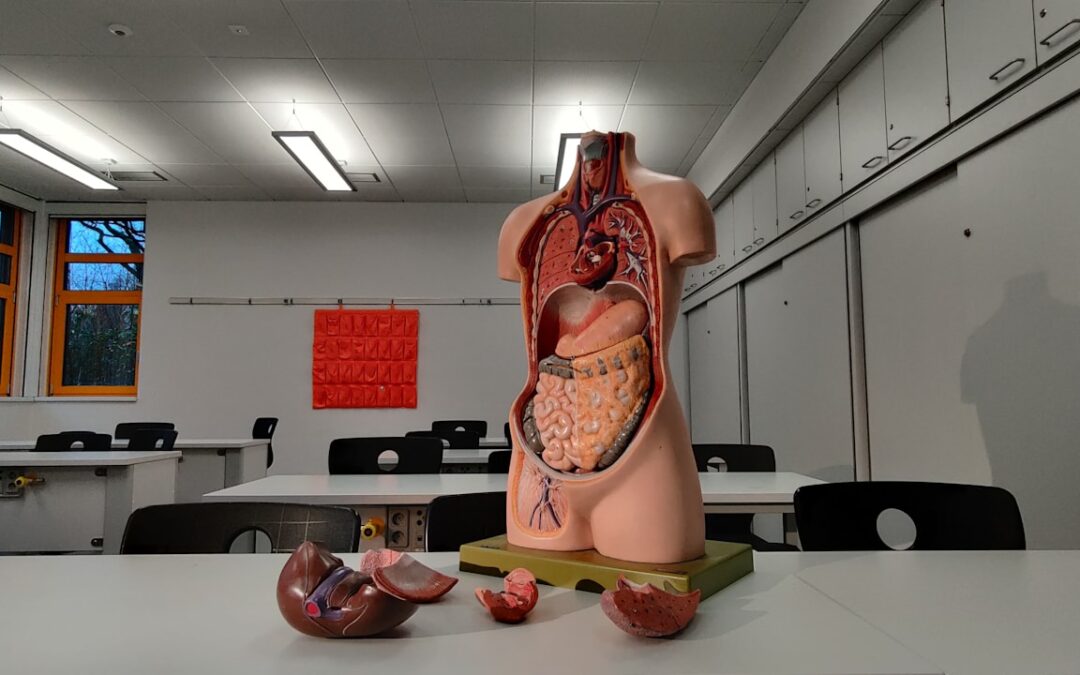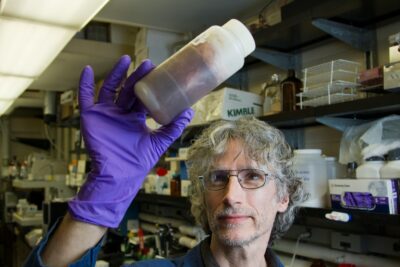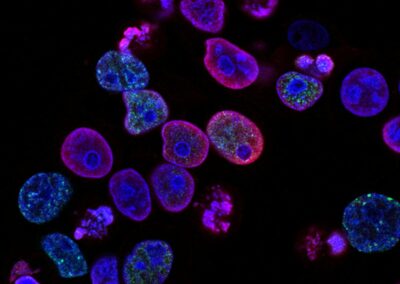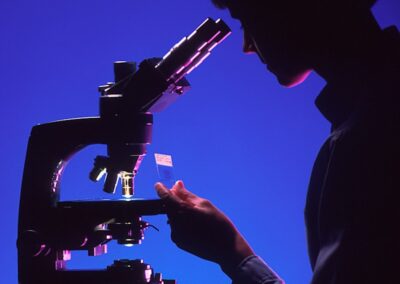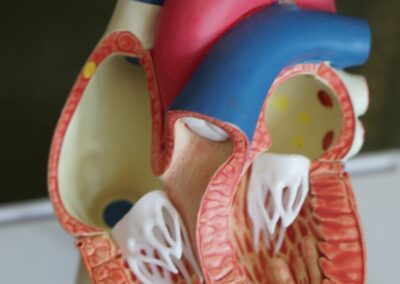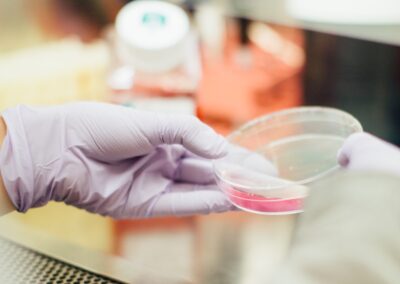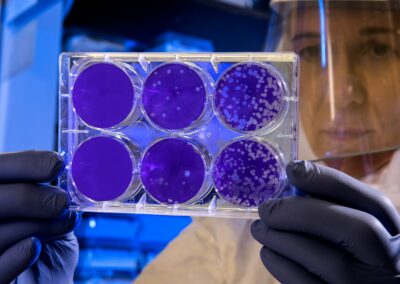Revolutionizing Transplant Medicine with CRISPR Technology
Advancements in Gene Editing for Transplantation
The application of CRISPR technology to edit the genes of pig organs for potential human transplantation represents a groundbreaking advancement in medical science. In regions like Saudi Arabia and the UAE, where healthcare innovation is a top priority, these developments hold significant promise. CRISPR, a powerful gene-editing tool, allows for precise modifications to pig DNA, reducing the risk of immune rejection and improving the compatibility of pig organs for human use. This revolutionary approach has the potential to address the chronic shortage of human organs available for transplantation.
In Saudi Arabia, where the demand for organ transplants far exceeds the supply, CRISPR technology could significantly alleviate this crisis. By genetically modifying pig organs to be more compatible with human biology, the nation could see a substantial increase in available organs for transplantation. This aligns with Saudi Arabia’s Vision 2030 initiative, which emphasizes the importance of advancing healthcare and medical research. The successful integration of CRISPR-edited pig organs into clinical practice could revolutionize transplant medicine and save countless lives.
Similarly, in the UAE, where the government is committed to fostering cutting-edge medical research, CRISPR technology supports the vision of becoming a leader in innovative healthcare solutions. The ability to use pig organs for human transplantation could provide a sustainable and ethical solution to the organ shortage crisis. By investing in genetic research and leveraging CRISPR’s capabilities, the UAE can position itself at the forefront of global medical innovation, offering new hope to patients in need of life-saving transplants.
Key Findings from CRISPR Applications in Pig Organs
The use of CRISPR to edit pig organs for human transplantation has yielded several key findings that underscore its potential impact on the future of medicine. One of the most significant discoveries is the ability to eliminate pig endogenous retroviruses (PERVs) from the genome, which are known to pose a risk of cross-species viral transmission. By using CRISPR to deactivate these viruses, researchers have made pig organs safer for human use, reducing the risk of potential complications.
In Riyadh and Dubai, where medical research institutions are leading the way in innovative healthcare solutions, the elimination of PERVs marks a critical milestone. This breakthrough enhances the safety profile of pig organs and brings the scientific community one step closer to making xenotransplantation a viable option. Additionally, CRISPR technology has been used to modify the surface antigens of pig organs, making them less recognizable to the human immune system and reducing the likelihood of rejection.
Another key finding is the ability to enhance the functional compatibility of pig organs with human physiology. By editing genes that regulate blood clotting, immune response, and metabolic functions, researchers have improved the overall performance of pig organs in human recipients. In Saudi Arabia and the UAE, where the focus is on delivering high-quality healthcare, these advancements are particularly significant. They offer the potential for more successful transplant outcomes and better long-term health for patients.
Ethical and Regulatory Considerations in Xenotransplantation
While the potential benefits of CRISPR-edited pig organs for human transplantation are immense, they are accompanied by significant ethical and regulatory considerations. In Saudi Arabia and the UAE, where cultural and religious values play a crucial role in shaping healthcare policies, addressing these considerations is essential. Ensuring the safety and efficacy of CRISPR-based xenotransplantation requires comprehensive regulatory frameworks that balance innovation with ethical standards.
Developing robust regulatory guidelines involves rigorous risk assessments, continuous monitoring, and transparent reporting of CRISPR applications. In Riyadh and Dubai, policymakers are working towards establishing regulations that ensure the responsible use of genetic engineering technologies in xenotransplantation. This includes addressing potential ethical concerns related to cross-species transplantation, protecting patient safety, and ensuring that the benefits of CRISPR technology are accessible to all segments of society.
Public engagement and effective communication are also critical in addressing ethical concerns and fostering acceptance of CRISPR technology. In Saudi Arabia and the UAE, public awareness campaigns and educational initiatives can help demystify genetic engineering and highlight its benefits for healthcare. By engaging the public in informed discussions and addressing their concerns, these nations can build a supportive environment for the adoption of CRISPR technology.
Executive coaching and management consulting services play a vital role in navigating the complex landscape of CRISPR applications in healthcare. Business executives and mid-level managers must be equipped with the skills to lead ethically and communicate effectively with stakeholders. In Dubai and Riyadh, executive coaching programs provide tailored guidance to leaders, helping them foster a culture of ethical innovation and corporate responsibility. Management consulting firms offer expertise in strategic planning, risk management, and stakeholder engagement, ensuring that CRISPR projects align with ethical standards and best practices.
#CRISPR #GeneEditing #PigOrgans #HumanTransplantation #Biotechnology #AIinHealthcare #BlockchainInMedicine #DubaiInnovation #RiyadhTechnology #BusinessSuccess #ExecutiveCoaching #EffectiveCommunication

